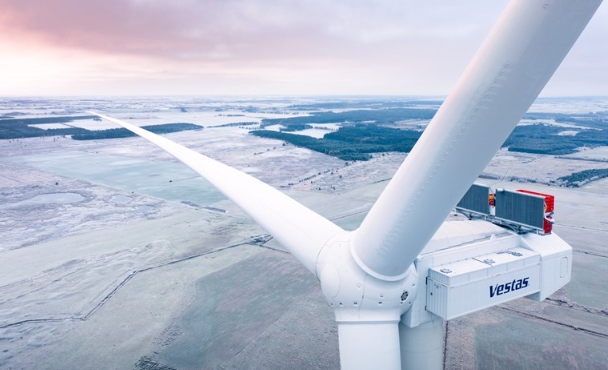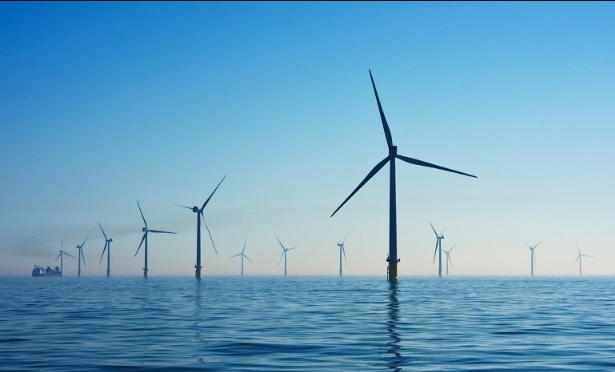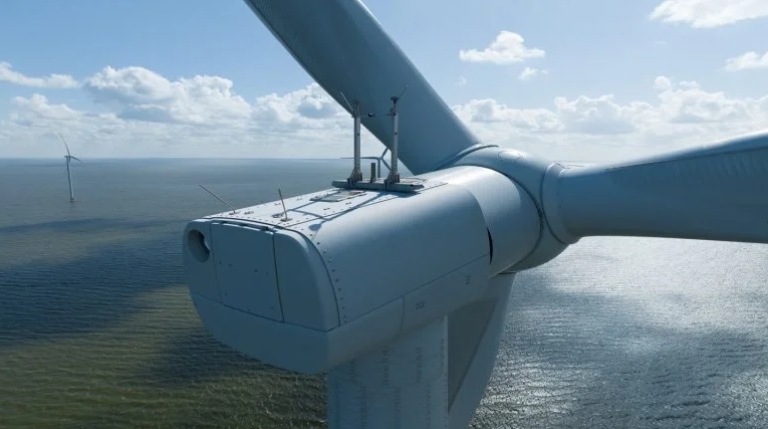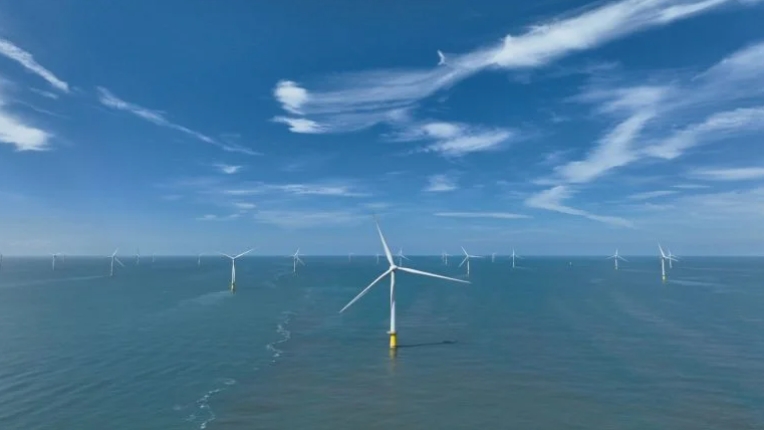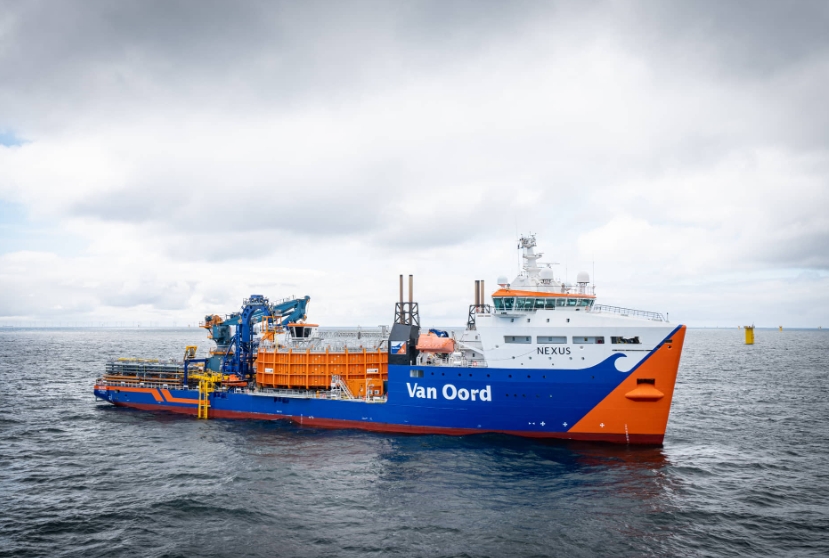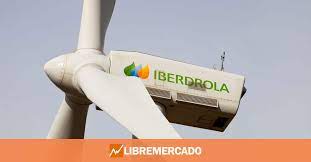
Iberdrola has been awarded four agrovoltaic projects with a total capacity of 12 MW in the renewable energy innovation tender launched by the French Ministry for the Energy Transition. As a prerequisite and priority, the projects needed to focus on innovation, caring for the environment, and improving agriculture and livestock farming on the land where they are implemented, with maximising electricity production being a plus. The projects target innovation that contributes to normalising the co-existence between energy generation and agriculture.
The tender conditions include contracts for difference (CfD), with the price per MWh being set for 20 years above the market value in order to compensate for the prioritisation of caring for agriculture and livestock farming, rather than maximising the plant's production.
The French tender was launched for a total of 140 MW under two different categories: innovative ground-mounted installations with capacities ranging from 500 kW to 3 MW, and innovative facilities on the rooftop of barns, greenhouses, or car parks, with capacities ranging from 10 kW to 3 MW. In total, 172 MW have been awarded in 66 projects: 30 ground-mounted and 36 rooftop, with an average capaci-ty of 2.6 MW.
The four photovoltaic (PV) projects submitted by Iberdrola won their bid and obtained the maximum capacity of 3 MW. Framed within the ground-mounted category, they contemplate two different solutions. The first of these, called Kirch, is aimed at improving animal welfare and the pastures used to feed the cattle where the panels are located, in order to increase the quality of dairy products from organic farming. The other three projects, knowned as Maubec, Lapenche, and Solomiac, aim to improve agricultural land.
Climate change causes heat stress in both cattle and pastures, which affects milk production and quality. To combat this problem, the solar structures of the Kirch project are placed at a minimum height of 1.5 m, allowing cows to find shelter under the PV panels. In addition, each panel is equipped with an intelligent system that allows rainwater to be collected during the winter period, stored in a tank and filtered, and then used in the hot season to irrigate the pasture and moisten the cows to relieve them from the high temperatures.
Iberdrola's prototype also predicts the onset of heat stress by cross-referencing data from the farm's weather station and health parameters captured through smart collars placed around the cows' necks. Thus, in case of extreme temperatures, sensors placed under the panels detect the presence of the cows and automatically activate the foggers.
The system is also able to predict the water needs of the pasture and activate the smart irrigation system, when necessary, in order to ensure green pastures all year round. This is intended to improve the quality of organic milk production at the farm.
The second solution, which focuses on maximising crop production on the land, is based on the tracking technology of PV panels, but instead of tracking the sun to maximise electricity production, the single-axis trackers aim to optimise crop production. The panels are installed in rows from north to south, which allows a rotation of the PV panels from an angle range between -70° and +70° in an east-west direction. Thus, they are able to protect the crops from frost in winter or intense sunshine in summer while improve the quality of the crop.
Shading provided by the panels is driven by an intelligent system that monitors the state of the crop through sensors installed under each row of panels; these collect and cross-reference plant and weather data to predict when the crops need sunlight and when they need shade.
In addition, the panels are strategically positioned to allow tractors to pass be-tween rows and to support the transition from traditional to agroforestry farming. Thus, by alternating complementary crops between rows, such as cereals and oilseeds, an ecosystem is created to protect them from pests and diseases in order to maintain the level of production and reduce the use of pesticides.
